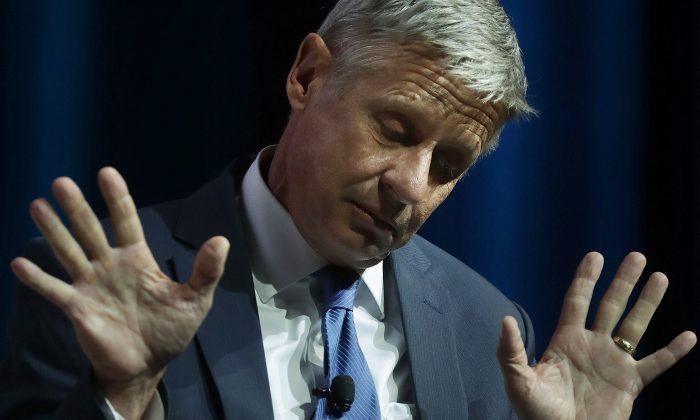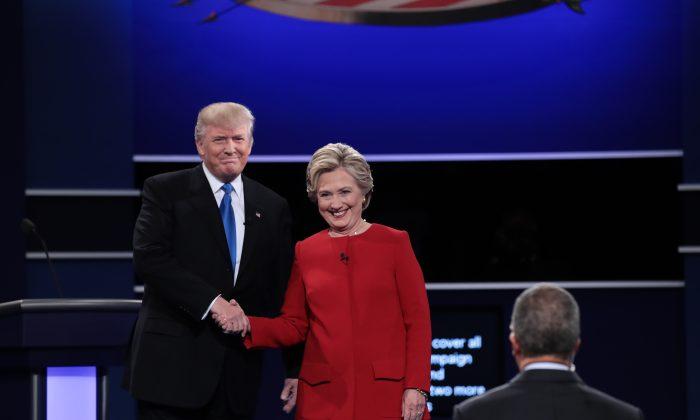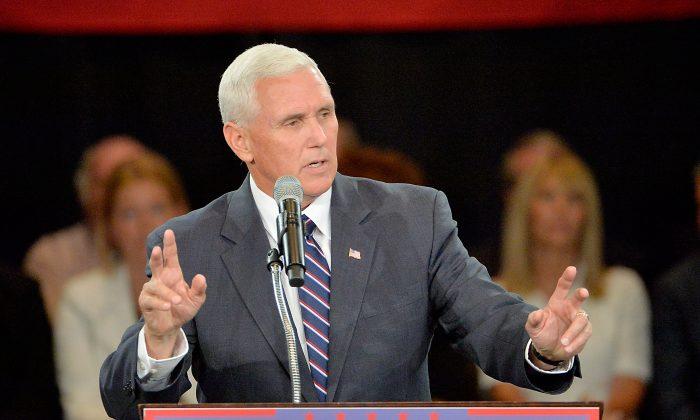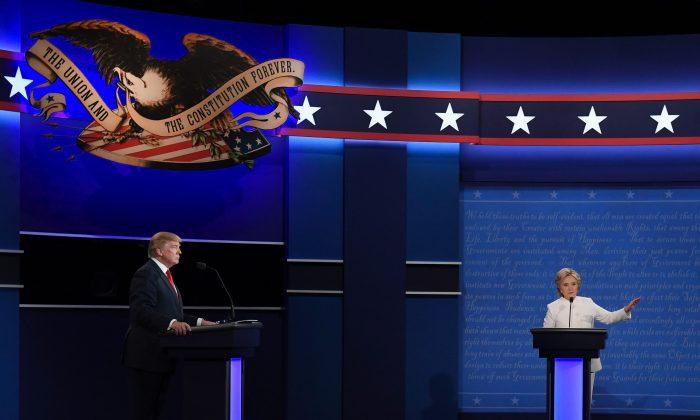1. Will the #NeverTrump Movement Stick?
Wisconsin has proven to stoke fire to the #NeverTrump movement, which intends to block Donald Trump from the Republican nomination ahead of the Republican convention. The plan is to vote for anyone but Trump and then impede his ability to get the required 1,237 delegates needed to solidify the nomination.
In some places, like Ohio, the strategy has worked, and Republican voters coalesced behind a single alternative to Trump—Gov. John Kasich. In Wisconsin, Ted Cruz is the chosen alternative, who is second in the delegate count and much more familiar to traditional Republicans in the state.
Gov. Scott Walker and conservative radio show host Charlie Sykes are two of the most outspoken members of the #NeverTrump movement in the state. With their vocal opposition to Trump, and the rise in poll numbers for Cruz, some in the media are calling this Trump’s “Waterloo“—or Napoleon’s last stand before ultimate defeat.
Trump, for his part, has shrugged off mounting opposition, predicting that he'll win in Wisconsin just as he won in South Carolina, where Marco Rubio was endorsed by South Carolina Gov. Nikki Haley. Trump won that state by a landslide victory.
Trump followed that win with sweeping criticism of Walker and the state:
“It was over, and I have a feeling the same thing’s gonna happen here. Because Walker has not done a great job,” Trump said. “He has not done a good job. By the way, he’s been OK. You’re average. I hate to say it. You look around your surrounding states, you know what you are? Average! You’re not average people, right? So big deal. You’ve got the governor.”
2. Can Sanders Continue His Streak?
Bernie Sanders has had a good couple weeks. His campaign has won 5 of the last 6 caucuses, and is favored to win in Wisconsin. With a win in the badger state Sanders would add another feather in his cap before heading to campaign for the primary in New York.
Hillary Clinton’s campaign has been lowering expectations leading up to the contest, with a statement saying that a win in Wisconsin would not do much to help Sanders catch up in the delegate count:
“I don’t think he can narrow the gap materially in pledged delegates in Wisconsin,” Clinton chief pollster and strategist Joel Benenson told MSNBC’s “Andrea Mitchell Reports” only a day before the primary.
A loss for Sanders, however, would be a huge blow to the campaign, which needs Wisconsin’s delegates to keep the campaign competitive.
3. Margins Matter
Both the Republican and Democratic race are counting each delegate, and the margin of victory is very important on both sides.
On the Republican side, Cruz is looking to shut Trump out of the 42 delegates up for grabs. The state is partially winner-takes-all, where 18 of the 42 delegates are given to whomever wins a plurality of the voters. The rest of the 24 delegates are handed out based on performances in 8 congressional districts.
The Democratic side is different, as none of the delegates are allocated by whomever wins the plurality of votes.
Currently, Sanders trails Clinton 1,038 to 1,266 in pledged delegates—that’s 228 delegate lead. In Wisconsin, 86 proportionally allocated delegates are up for grabs, and for Sanders to make a dent, he needs to win by a large margin.
The larger the margin, the more of an argument Sanders has going into the New York primary, where 247 delegates are up for grabs.
4. The GOP Gender Games
Wisconsin’s primary on April 5 is the first time voters are able to react at the voter booth to Trump’s multiple disparaging remarks about women in the past few weeks.
First, a retweet of Ted Cruz’s wife—Heidi—which Trump later said was a mistake. Second, the support of campaign manager Corey Lewandowski, who was charged of battery against reporter Michelle Fields. And finally, a controversial remark about abortion that has since been modified and admitted by Trump to be a mistake.
Trump’s increasing difficulty to attract women to his campaign has been documented in multiple polls; some of which rate his disapproval level at more than 70 percent.
Ted Cruz, seeing a weakness in his rival, is seeking to court the female voters who feel alienated by Trump. In the exit polls, it'll be interesting to see if women come out to support Cruz who, up until now, has been trailing Trump with female voters.
5. Democratic Demographics and Age
It’s a common refrain this election cycle, but the two determining factors as to whether or not Sanders can compete with Clinton in a primary is demographics and age range.
So far, however, the demographics are in his favor, with polls even showing an 11 point advantage for Sanders among African Americans in Wisconsin. Those voters, however, only made up 10 percent of the vote.
The voting restrictions in Wisconsin are more difficult for the Sanders campaign with voters unable to vote without a registered ID—a factor that predominantly affects younger students that are the base of Sanders’s support.





Friends Read Free